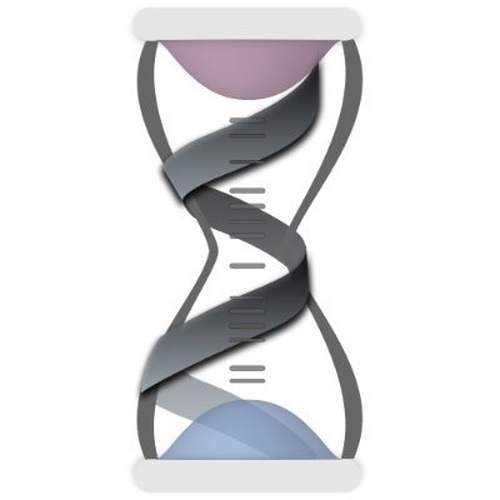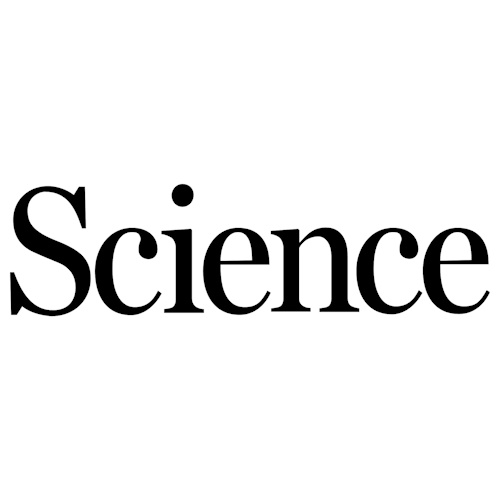Key points from article :
Scientists are searching for better ways to measure ageing, focusing on “biological” age—based on molecular markers like DNA and proteins—rather than chronological age. This approach suggests that biological markers may better reflect an individual’s health and ageing rate. Hundreds of “ageing clocks” have been developed that claim to predict biological age, and some companies offer high-priced tests to gauge this for both humans and pets. These services have gained popularity, but scientists still debate which ageing clocks are most accurate, as no clear standard has emerged.
To address this, the Biomarkers of Aging Consortium launched a $300,000 competition to find the most reliable ageing clock. Supported by non-profits and philanthropies, the contest asks participants to predict factors like chronological age, age at death, and health span (the time before age-related diseases appear), using anonymized data from 500 individuals. The first round, which focused on predicting chronological age, awarded $30,000 to successful participants. The second round, worth $70,000, aims to predict the age at death and is set to announce results shortly. The final round, planned for next year, will challenge participants to predict when age-related diseases might occur.
Among the various methods, DNA methylation clocks, which track chemical modifications in DNA, are leading the field. Notable examples include Steve Horvath’s “Horvath clock” and “GrimAge,” which can even forecast lifespan and disease onset. Meanwhile, newer “proteomic clocks” use blood proteins to provide biological age estimates, given proteins’ closer ties to diseases. A recent study showed that people whose biological age, as measured by 204 blood proteins, exceeds their chronological age are at a higher risk for conditions like Alzheimer’s and kidney disease.
Despite their promise, most researchers agree that ageing clocks are not yet ready for routine clinical use. For now, they serve mainly as research tools and offer only general lifestyle guidance, like recommending a healthier diet and more exercise, for individuals with advanced biological ages. Yet researchers are optimistic that as ageing clocks improve, they may become invaluable tools for tracking health in clinical settings.





